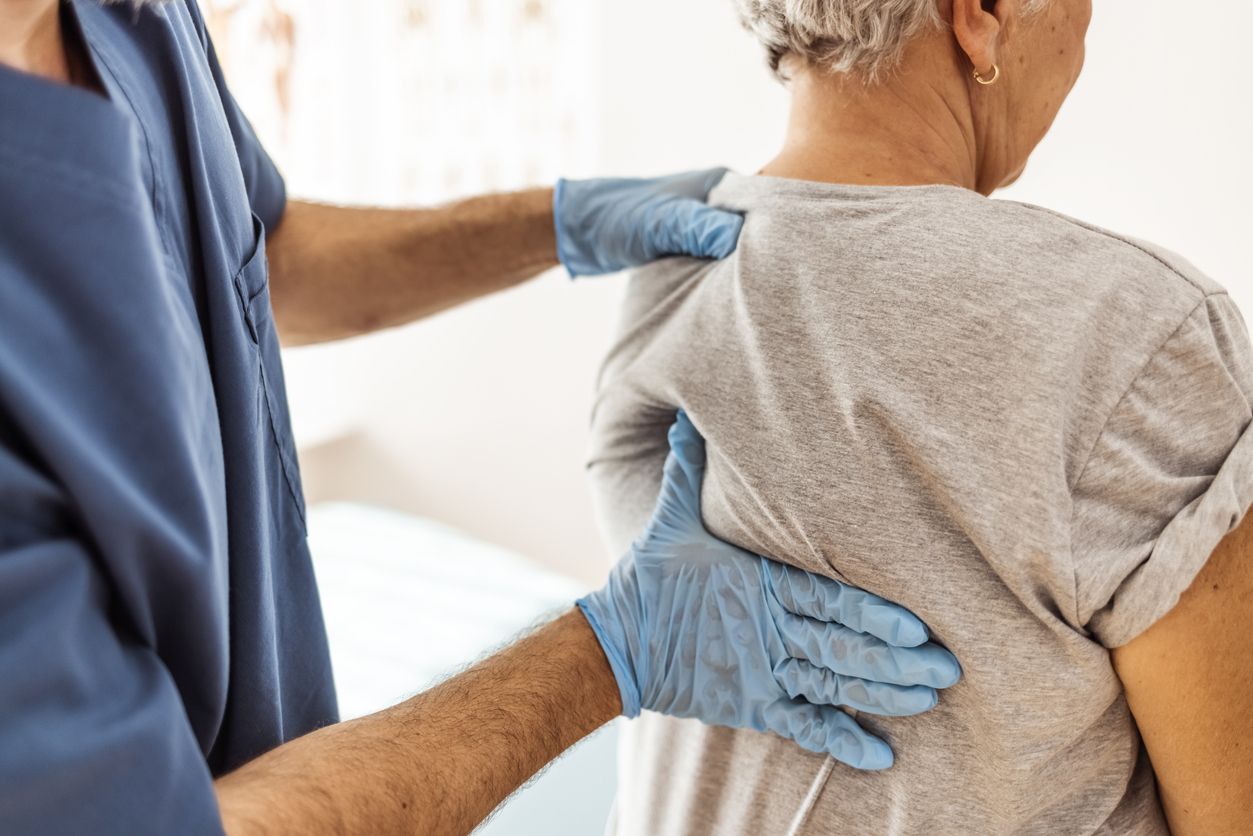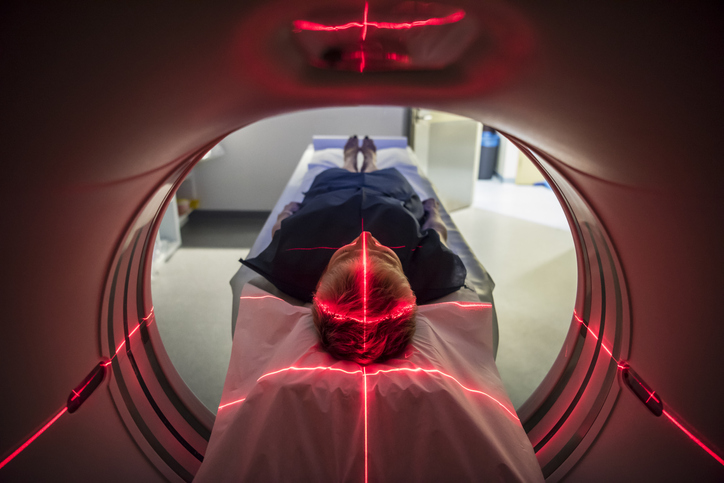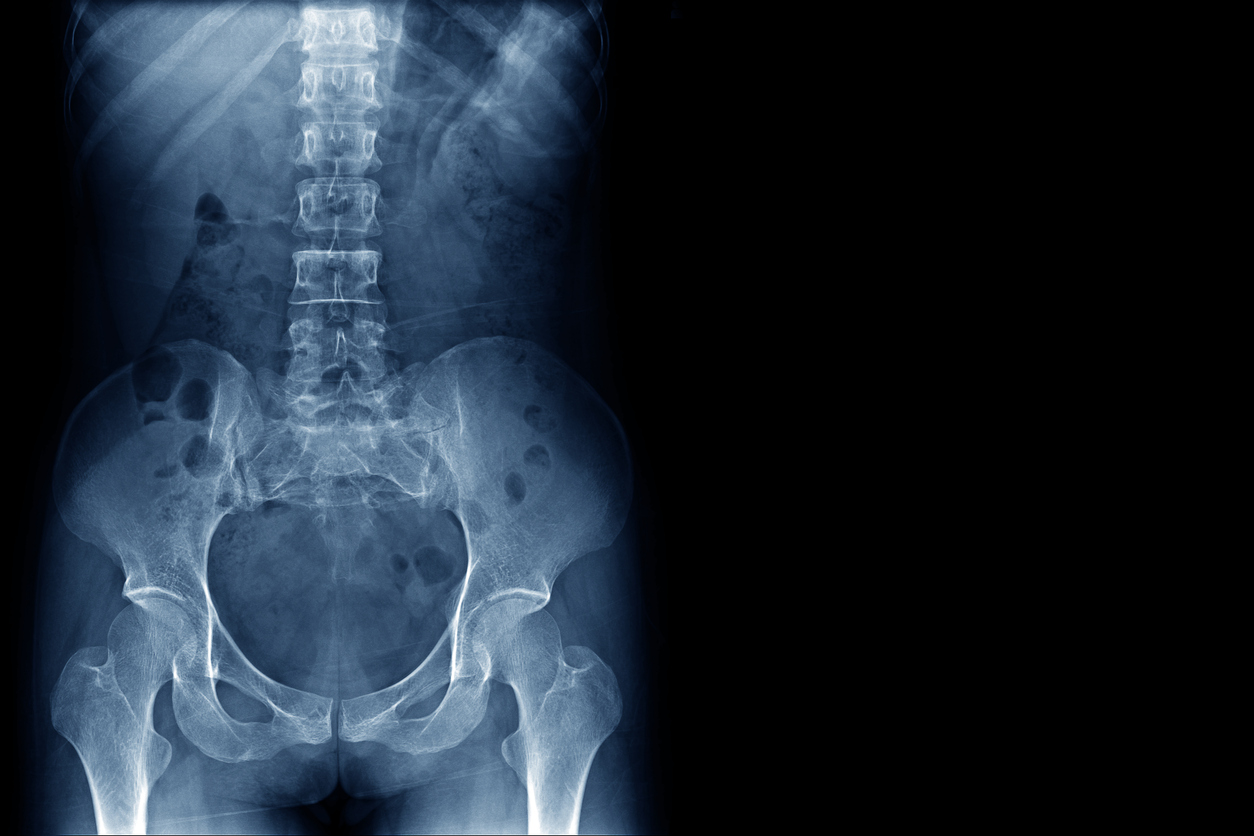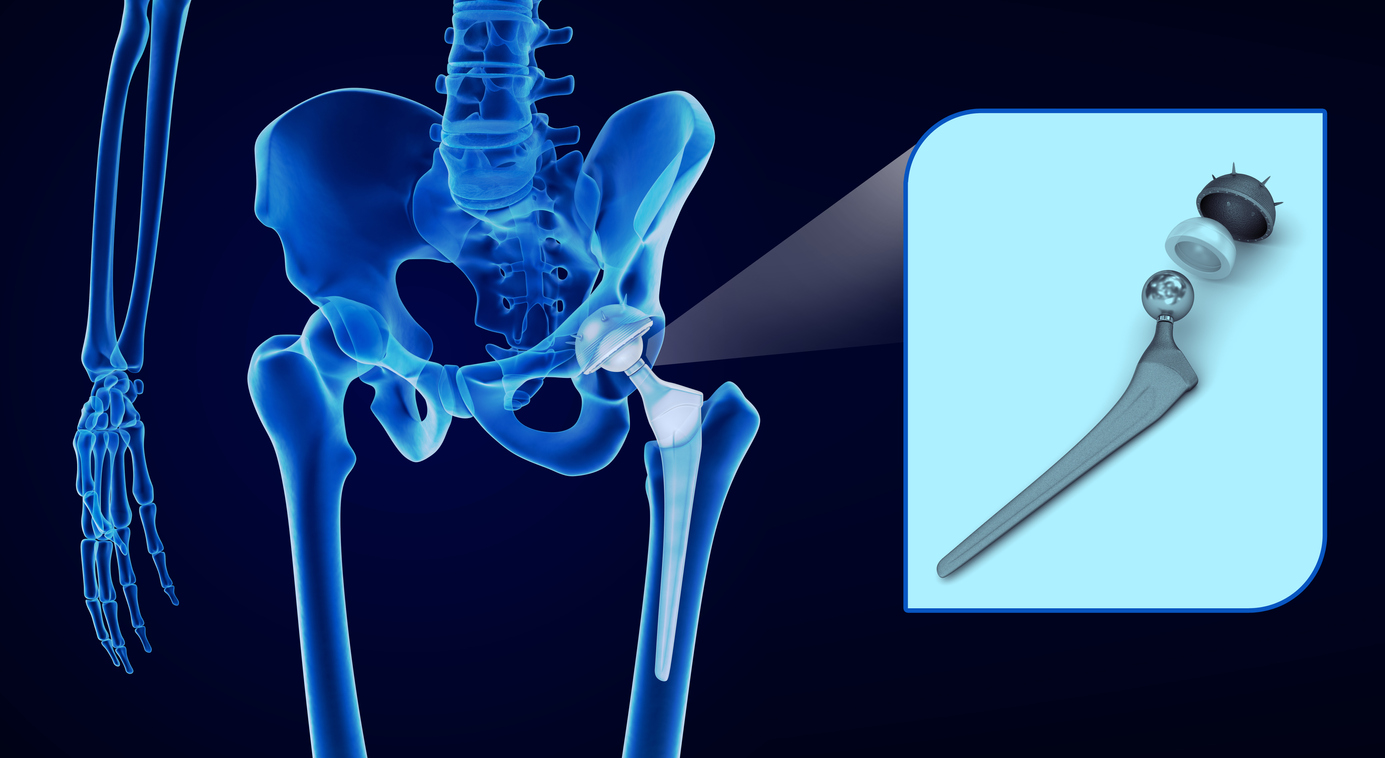Treatments
Tips for Dealing With Postsurgical Discomforts

Although some postsurgical discomfort is normal, it can still be disheartening. The following tips may help with managing the various discomforts that may occur during recovery from surgery.
It’s important to note that these are general tips; not all tips are appropriate for every situation. Consult your surgeon, surgical nurse, or primary doctor to make sure they are appropriate for your specific medical situation.
Nausea and vomiting
Some level of nausea is expected after surgery, especially if general anesthesia was required. Some tips to help reduce nausea and vomiting include the following:
- Before or soon after surgery, inform your doctor and/or medical staff about any previous experience with postoperative nausea, including any medications that successfully treated it.
- Take anti-nausea medications as soon as you feel nauseous. It is more effective if taken before vomiting episodes begin.
- Suck on ginger, peppermints, or lemon drops.
- Begin meals with room temperature or colder foods first, and eat slowly. Do not mix hot and cold foods.
- Keep the upper body elevated in a reclined position after eating. Do not lie down flat for two hours after eating (unless told otherwise by a medical professional), as gastric juices rise after eating.
- Wait 30 minutes between eating solid foods and drinking liquids.
- Rather than three large meals, eat small amounts of bland food throughout the day.
- If vomiting is severe, avoid solid food until it subsides. Suck on ice chips or popsicles.
Sore throat
A sore throat is also common if intubation was required during surgery. Intubation involves the insertion of a tube through the nose or mouth into the airway to help ensure stable respiration during surgery. This can irritate the throat. Soreness typically resolves without treatment; however, some home remedies may help until healing occurs, including the following:
- Gargle with warm saltwater.
- Stay hydrated.
- Drink hot tea (with or without honey).
- Suck on cough drops or candies to moisten the throat.
- Avoid acidic food, such as citrus or tomatoes.
- Suck on popsicles or eat soft, cold foods like frozen yogurt.
- Limit talking.
- Avoid smoke, cleaning products, and other irritants.
Pain and/or swelling
Pain and swelling are also common discomforts after a surgical procedure. Managing postsurgical pain and swelling is not only vital for personal comfort, but it also reduces the risk of postsurgical complications, such as blood clots and pneumonia. Different types of pain treatments are available, depending on the type of surgery and specific individual needs.
- Patient-controlled analgesia (PCA) involves the use of a computerized pump to deliver small amounts of pain medicine into an intravenous (IV) line or an epidural catheter. It is programmed to release a specific dose of medication; therefore, overmedicating is not an issue.
- Nerve blocks help control pain that is isolated to a specific area of the body. In some cases, they are used as the main anesthetic during surgery, which not only provides pain relief during surgery but after surgery as well.
Tips that may help reduce postsurgical pain at home include the following:
- Take prescription oral pain medications as directed for severe postoperative pain.
- Ask your doctor about over-the-counter pain medications, such as nonsteroidal anti-inflammatory drugs (e.g, ibuprofen, naproxen sodium, etc.) and other non-narcotic analgesics (e.g., acetaminophen), for mild to moderate pain.
- Engage in relaxation techniques. Practicing guided imagery or meditation can help reduce the perception of pain.
- Gently move the body to help reduce swelling.
- Raise swollen areas above the heart to reduce swelling.
- Consider massage therapy.
- Reduce salt intake to help ease swelling.
- Wear compression garments to relieve swelling (only if prescribed or recommended by your doctor or surgeon).
Fatigue
Fatigue is normal after surgery. Resting is the body’s way of healing, so it is natural to feel tired after a procedure. This should improve over the course of six months. A few tips that may help manage fatigue include the following:
- Know your limitations and don’t overdo it.
- Eat a nutritious diet, including iron-rich foods (e.g., nuts, chicken, spinach, tuna, etc.) to improve hemoglobin levels.
- Stay hydrated.
- Avoid caffeine and alcohol.
- Rest. Healing takes a lot of energy.
Depression
Postsurgical depression can develop for a number of reasons, including reactions to medications, chronic pain, financial concerns, or stress related to the procedure. It is important to talk to a health care professional if postsurgical depression is suspected. A doctor may recommend an antidepressant or provide a referral to a mental health provider.
Tips that may prevent or ease symptoms of postsurgical depression include the following:
- Spend time outdoors.
- Focus on the positive, including any postsurgical progress.
- Engage in physical activity (once cleared by a physician).
- Eat a balanced diet.
- Before surgery, set up postsurgical visits with friends and family to avoid isolation during recovery.
Insomnia
Postsurgical insomnia can occur for a variety of reasons. It may be due to staying in unfamiliar surroundings (e.g., the hospital, rehabilitative center, etc.), pain from surgery, medication side effects, or discomfort from implanted medical devices. Ways to combat postsurgical insomnia include the following:
- Wear a sleep mask to block out light from hospital monitors, hallway lights, etc.
- Use earplugs or a white noise machine to block out unwanted noise, such as noise from hospital medical equipment or busy hospital staff.
- If friends or family members are interfering with rest, ask them to limit their visits or schedule visits that are more appropriate for your sleeping schedule.
- If a certain medication is preventing quality sleep, talk with your health care team about adjusting the dosage of the medication or switching to another medication.
- Sleep with the head elevated (e.g., in a reclined position or with extra pillows under the head), especially if snoring and/or sleep apnea is an issue.
- Adjust the thermostat to a comfortable temperature.
- It’s very important to consult your doctor before trying a sleeping aid (including supplements). Taking them with other sedating medications (e.g., pain medications, anxiety medications, allergy medications, etc.) can cause slowed or absent breathing.
Thirst
Increased thirst can occur after surgery due to required presurgical fasting or from side effects of certain medications, such as opioids. Excessive thirst can cause sleep disruption and increased anxiety. The best way to treat excessive thirst after surgery is to make sure to drink plenty of fluids. If thirst is extreme or continues, consult your doctor.
Constipation
Constipation is common after surgery. It can occur due to medication side effects or physical activity restrictions. Tips to help manage or prevent postsurgical constipation include the following:
- Stay hydrated.
- Engage in physical activity (when cleared by your doctor); even short walks can help.
- Increase fiber intake.
- Avoid caffeine.
- Ask your doctor about laxatives, stool softeners, suppositories, and dietary supplements, such as kefir or carnitine, that may help ease constipation.
Additional source: Verywell Health and Verywell Health
















